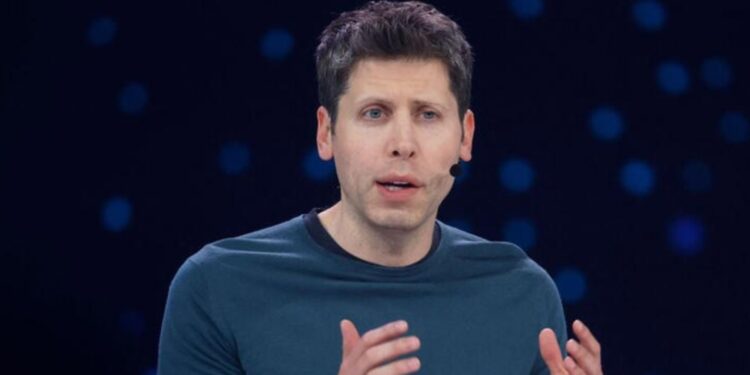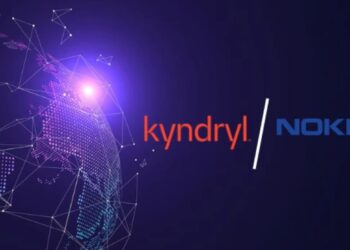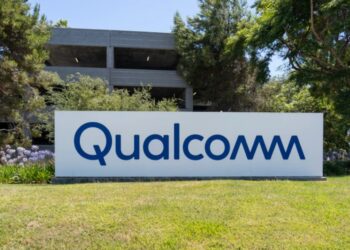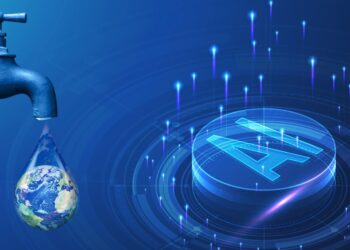OpenAI CEO Sam Altman has a strikingly optimistic message for recent college graduates: despite widespread anxiety about AI’s impact on jobs, he believes they are the luckiest generation in history. Speaking on a recent podcast, Altman acknowledged that “some classes of jobs will totally go away,” but argued that young people are uniquely positioned to benefit from the AI-driven transformation of the job market. His perspective challenges the popular narrative of job displacement, instead framing AI as a powerful tool for unprecedented innovation and entrepreneurship.
Altman’s optimism is rooted in the belief that AI democratizes powerful tools once exclusive to large corporations. He envisions a future where an individual or a small team can build a billion-dollar company or a groundbreaking product that would have previously required “teams of hundreds” of people. This new era of technology, fueled by advancements like GPT-5, empowers young creators to bring ideas to life faster and more efficiently than ever before.
While he did not dismiss the disruptive potential of AI—including predictions that half of entry-level white-collar jobs could be replaced within five years—Altman emphasized that young people are historically the most adaptable to such shifts. He expressed more concern for older workers who may be less willing to retrain and reskill. According to Altman, the jobs of the future may not even exist yet. He painted a vivid picture of a college student a decade from now possibly embarking on space exploration missions, a “completely new, exciting, super well-paid, super interesting job” that seems unimaginable today.
This perspective highlights the need for a new kind of literacy that combines technical knowledge, creativity, and a flexible mindset. Instead of being a threat, Altman suggests AI can be a “force multiplier,” helping young workers accelerate their development and contribute meaningfully from day one. The key, he says, is for individuals and institutions to embrace AI as a catalyst for growth and innovation, not a crutch. This means learning not only how to use AI tools, but also how to critique them, question their outputs, and use them to enhance human creativity and judgment. Ultimately, Altman’s vision is one where AI doesn’t dictate outcomes, but rather amplifies human potential, making the current generation of graduates the most empowered in history.
















